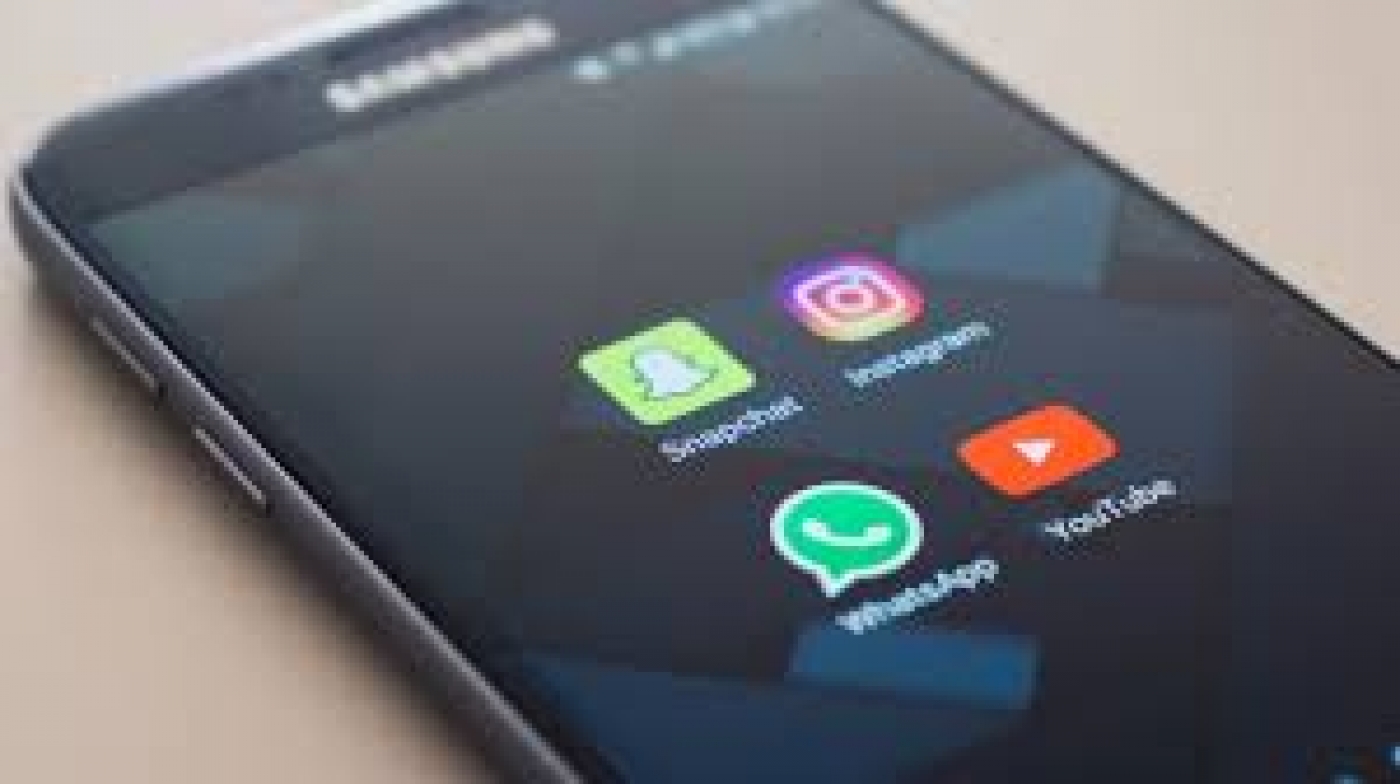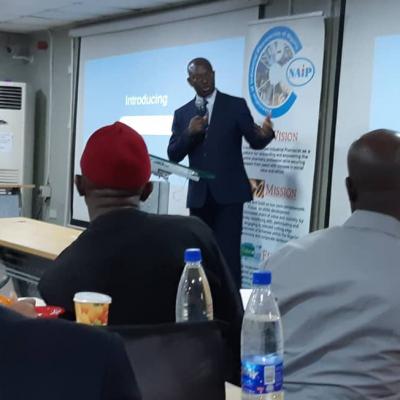Some, like Tristan Harris, founder of the Center for Humane Technology, says it’s technology. Tech critics in this camp argue that apps are designed to foster addiction and unhealthy use.
On the flip side, other tech industry leaders like Nir Eyal, say users are the problem.
How to build Habit-forming Products
Ironically, Eyal is the author of the 2014 book, “Hooked: How to Build Habit-Forming Products.” Considered to be the holy grail of user psychology at the time, “Hooked” laid out the blueprint for tech companies to get users coming back again and again.
Today, Eyal writes about the opposite: how to get “unhooked” from technology. He claims we all have the power to do this despite the intelligent design of popular apps.
“We talk about addiction, but when it comes to Candy Crush, really? Facebook? We’re not freebasing Facebook. We’re not injecting Instagram here,” Eyal says to the New York Times. “These are things we can do something about, but we love to think the technology is doing it to us.”
On the opposite end of the spectrum, Harris – who is also a former Google ethicist – says it’s wrong to put the onus on individuals when we know technology is purposefully developed to be addicting. Harris typically describes technology as “hijacking” people’s brains.
Regardless of whose fault it is, there is no denying that most of us are addicted to technology.
We also know technology isn’t going anywhere.
While the blame game rages on, we want to focus on being “good digital role models” – as Sierra Filucci from Common Sense Media puts it.
Here are some ways we can begin to unplug.
For one, there are several (newly added) features on the iPhone that can help combat technology addiction.
Filucci recommends turning off notifications, turning on Grayscale mode, and limiting what’s on your home screen. She argues that besides Maps, Mail, and iMessage, there isn’t much else you need to immediately access. (Be honest with yourself, Candy Crush is not an urgent need.)
Layers of Defense
To add another layer of defense against your impulsive brain, type the app name in your search bar rather than tap it. Filucci says this gives you another moment to reflect on your urge to go on Instagram for the third time in five minutes.
For those of you who aren’t social media managers, simply deleting social media off your phone is an effective strategy. If you can’t do that, try charging your phone in a different room.
Of course, what may work for some of us doesn’t for others, which was the case for mom and writer Julie Quates. After trying many different methods to get off her phone and be more present with her child, Quates found that allowing herself to go on social media only when she was standing did the trick.
“I am still able to use social media for fun, learning, and connection. But it’s no longer using me,” Quates describes.
Whether technology is the problem or we are, it is within our power to create healthier relationships with technology to model to the next generation.
Source: intivix.com







